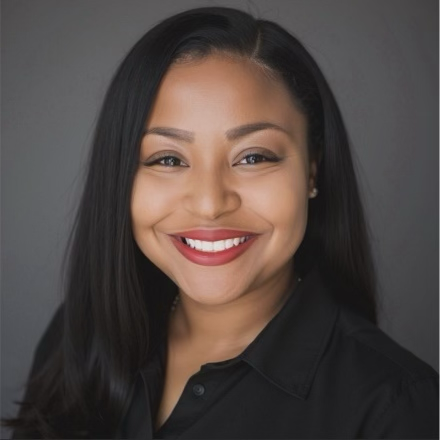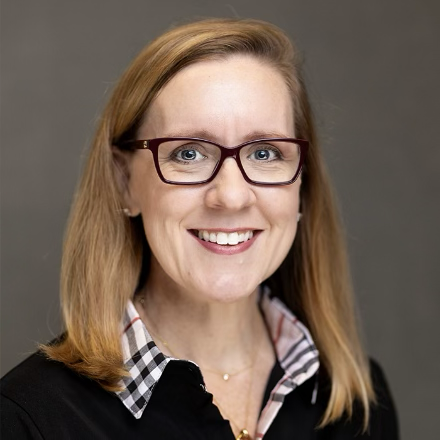Sneak Preview: Health Quality Forum 2025
Three NCQA leaders share a preview of the Health Quality Forum 2025—a new conference on the quality calendar, taking place April 7–8 in Baltimore. The guests—like the forum they’re organizing—discuss challenges and opportunities shaping today’s health care landscape, from data interoperability and rural health care access, to structural solutions that reduce health care disparities.
Listen On:



About The Guests
Stacy Grundy, DrPH, is a dedicated rural health practitioner and researcher focused on improving healthcare access and quality for underserved communities. With particular special expertise in health systems integration, Grundy has led public health strategies that enhance patient outcomes, provider efficiency, and overall system performance. Her initiatives include shaping Illinois’s Healthcare Transformation Plan, standardizing quality improvement at Indiana University Health, and launching a remote patient monitoring program.
Rachel Harrington, PhD, leads organizational efforts at NCQA to build an evidence base to advance equitable, high-quality health care. She directs the Equity in HEDIS program and research on approaches to measuring health equity, including data considerations and methods to evaluate disparities in quality performance. Before joining NCQA, she was a fellow at the University of Illinois at Chicago Institute for Health Research and Policy.
Kristine Toppe leads NCQA’s state policy engagement for quality improvement and health system evaluation. She has over 25 years of experience in state and federal public health policy. Toppe brings direct experience working with states on the design and implementation performance measurement and accountability programs for Medicaid, commercial, public employee and Exchange populations. In previous roles at NCQA, she led NCQA’s work with private and public stakeholders to improve plan-provider accountability.
Episode Description
In this episode, we sit down with NCQA leaders Stacy Grundy, Rachel Harrington and Kristine Toppe for a behind-the-scenes look at the upcoming Health Quality Forum 2025, and a discussion about the complexities and possibilities of modern health care, with a focus on data sharing and strategies to address health inequities.
Learn about data-driven collaborations in states like Maryland, Pennsylvania and North Carolina, where public agencies, health systems and community groups are uniting to improve outcomes.
And get an inside look at our hands-on workshops on NCQA Health Equity Accreditation and Virtual Care Accreditation, designed to give professionals at the leading edge of virtual services the tools they need to help reduce disparities.
The conversation and conference highlight stories of how virtual care is dissolving data silos and transforming maternal health in states like Arkansas. The emphasis of this episode—and the forum—is on curating diverse voices not often featured at national meetings. The common thread: Moving beyond identifying problems to showcase solutions that work.
We have a couple of sessions digging into innovating to address health disparities, talking about analytics to understand populations and how to address interventions. Also, we have sessions focused on creating equitable systems of care for populations with disabilities.
Understanding where unmet needs are, how to make things accessible, make things usable—data is part of that. It’s understanding who, what, when, where and how to take what you’re sitting on in your organization and understand it so you can improve care.
Timestamps
(00:43) What’s Different About the Health Quality Forum
(03:40) An Expanded, Regional Lens on Quality
(6:09) How NCQA Sees Data and Interoperability Differently
(10:38) Improving Care in Rural Areas
(16:04) How-to Workshops on NCQA Accreditation
(17:55) Personal Highlights at the Forum

